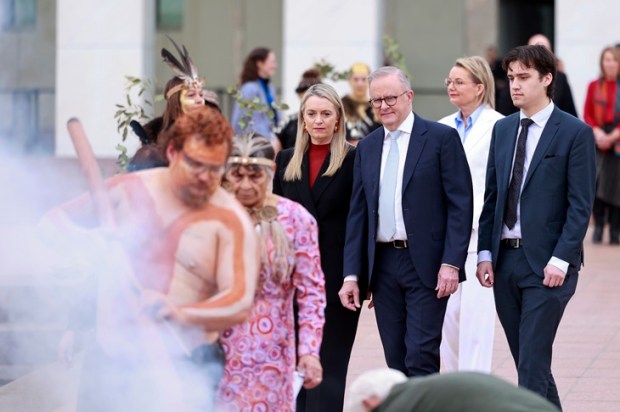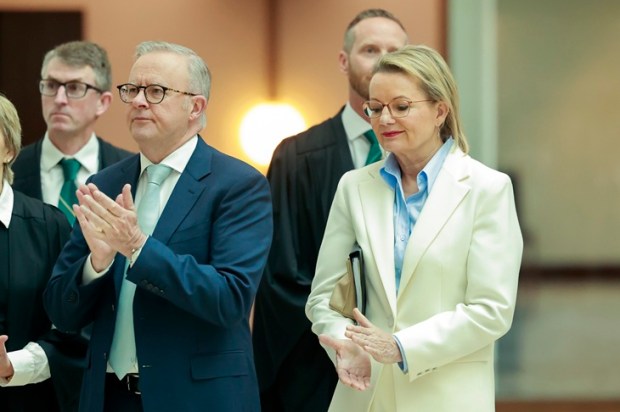Australians in other states have long taken a quizzical view of Victorian politics. Many are rightfully baffled by the Victorian Liberals’ failure to make political hay in a state that endured the world’s longest lockdowns, where infrastructure and services are crumbling, and debt and deficits are growing ever larger.
The genesis of this problem lies in the defeat of the Kennett government in 1999, a defeat many in the party have never truly reconciled themselves with.
Since then, the Victorian Liberals have struggled to forge an identity or purpose as shadows from the past loom over it. The party has never attempted to renew its state parliamentary stock en masse, and deadwood has been left to linger on its benches.
Much has been written about John Pesutto’s removal as Liberal leader. However, his tenure was likely doomed from the start as he surrounded himself with the same class of ‘moderate’ Liberals that have successfully kept the party out of power in Victoria for 20 of the last 24 years.
All too often the personalities who have held the levers of power inside the party have been happy to blithely declare that Victoria is simply a left-wing state as a means to project their cosseted, inner-city views onto the Party’s political outlook and policy settings.
The electoral record proves this to be the wrong approach, both in government and opposition. Voters have repeatedly rejected the Liberals’ strategy of simply being a do nothing, watered-down version of their opponents.
At this point in the electoral cycle, it is becoming clear that the proverbial drover’s dog can win the next Victorian election against what will then be a 12-year-old, bitter and bankrupt Labor administration. As the Victorian Liberals rack up its fourth leadership change since being banished, again, to the opposition benches in 2014, it must get it right this time, as now both the state and the nation rely on it.
Today, Victoria is a basket case. Labor, as ruled by Andrews and Allan, sought to turn Victoria Woke and have left it broke. Institute of Public Affairs’ research has shown Victoria to be the worst overall performing state in the nation, with the highest tax burden, greatest state debt burden, and worst energy price increases. Little wonder it is also the least friendly jurisdiction in the nation to do business.
The state government has driven Victoria off an economic cliff, which will have long term ramifications for the economic growth and social cohesion of the community. No doubt, many Victorians will suffer when inevitable cuts are made to services and infrastructure in an attempt to clean up this mess and service the debt.
On top of this, an economically toxic Victoria will infect the rest of the nation. At a minimum it will require taxpayers from around the country to bail it out when its fiscal position passes (if it has not already) the point of no return.
Critically, the Liberals have never stopped to work out what Victoria is today and what Victorians actually want. This is evident in the fact that the Victorian Liberal machine has been largely incapable of winning, or regaining, seats in metropolitan and regional growth areas.
Voters are not stupid. They know the difference between state and federal politics and what each level of government delivers for them. At a state level they demand tangible outcomes, like schools, hospitals, roads, housing and public transport. They have rewarded politicians that, at the very least, are seen to deliver them, and rejected those who do not.
The hard work of developing a compelling and competitive narrative based on principles of small government, freedom and enterprise, aimed at winning and delivering in state government has never been done.
In fairness to the Liberals’ new leader, Brad Battin, he is one of the few who has held a seat in a suburban growth area, and the instincts he has honed over the past decade may provide the party with a long overdue political dividend.
However, he and his team have never shown an interest in, or been able to address, the macro political challenge of how to offer a genuine alternative agenda based on principled policy. This is the Everest Battin needs to climb, and fast, as Victorians are increasingly hungry for change.
Arriving in government without a clear agenda for reform, and a solid understanding of the principles and policy that underpin it, could mean that Battin ends up more a Baillieu than a Bolte.
Andrew Hudgson is the Director of Communications at the Institute of Public Affairs

























